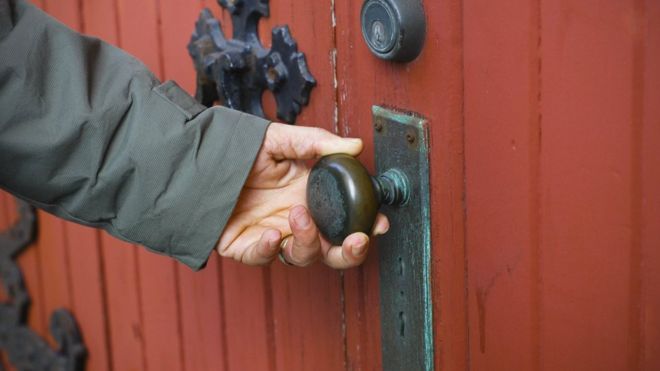 Baroness Shields, a former Facebook executive and technology advisor to the current government made some interesting comments about the rise of end-to-end encryption solutions, and confirming the government had ruled out making app-makers include “back doors” into their software. Jonathan Parker-Bray, CEO of Criptyque makers of Pryvate, a government grade end-to-end encrypted communications solution.
Baroness Shields, a former Facebook executive and technology advisor to the current government made some interesting comments about the rise of end-to-end encryption solutions, and confirming the government had ruled out making app-makers include “back doors” into their software. Jonathan Parker-Bray, CEO of Criptyque makers of Pryvate, a government grade end-to-end encrypted communications solution.
Jonathan Parker-Bray, CEO, Criptyque, creator of the newly launched Pryvate, secure communications solution said :
We welcome the comments from Baroness Shields and would like to join her in recognising the essential role that strong encryption plays in protection people’s details. However, we disagree with the opinion that the rise of end-to-end encryption is alarming. In this digital age people should indeed have the right to private communications, as a consumer or a professional, you should have the right to communicate with whomever you choose as securely as if you were speaking to them face-to-face or by a postal letter. Time and time again security tests have shown that end-to-end security is the only way to prevent cybercriminals, intruders, corporate espionage, hackers, rogue nation states and more from violating the privacy of individuals.
In a mobile society where companies work across the globe, families are separated by oceans, and sensitive information like medical records, and bank details are communicated digitally daily, the need for an absolutely secure end-to-end encryption solution is paramount. The very act of a company storing/generating encryption keys on its own network weakens the encryption they are offering and increases the success rate of man-in-the-middle attacks, collaboration, or leaks. Providing the solution the government wants where providers can decrypt secure communications, is making the service deliberately less secure than it can be, and in a highly competitive corporate world, the obvious choice for customers looking for a solution would be a competitor based overseas that does not weaken their systems in a similar fashion.
Also, end-to-end encryptions solutions do not prevent surveillance operations; there are many tools in the arsenal of surveillance agencies that can be deployed to monitor key targets. Instead these communication systems allow users to choose to remove themselves from the mass data gathering programmes that have been revealed in recent years. These solutions make life nearly impossible for cybercriminals whilst also making sure that surveillance must be deployed on an individual basis. The personal right to privacy is the status quo in the UK but has slipped in recent years as more communications have turned digital, end-to-end encryption solutions seek to return us to that point.
About Pryvate
Pryvate is the only fully secure mobile platform that allows all business and personal communications to remain private and free from hacking. Pryvate’s Triple Layered RSA 4096, AES 256 and Dh encryption and industry leading encrypted architecture ensures it is impossible to leak or hack into its users’ email, Instant messages, video and voice calls.
The Pryvate platform consists of three products: Pryvate, Pryvate Premium and Pryvate Enterprise. Pryvate Consumer is a network agnostic app that provides totally secure communication services available across voice calls, conference calls, video calls, instant messenger and email at a low cost. Pryvate Premium adds anti-blocking and secure file storage, GUI multi-account management tools, on line support that provides companies with truly secure accounts for their employees. Pryvate Enterprise provides users with a secure IP desktop phone to ensure all voice and video calls remain private plus the advantages of Pryvate Premium.
Pryvate was founded by CEO Jonathan Parker-Bray and is fully owned by Criptyque Limited, a privately held company incorporated in Jersey, placing it outside the jurisdiction of the United Kingdom.
The opinions expressed in this post belongs to the individual contributors and do not necessarily reflect the views of Information Security Buzz.



